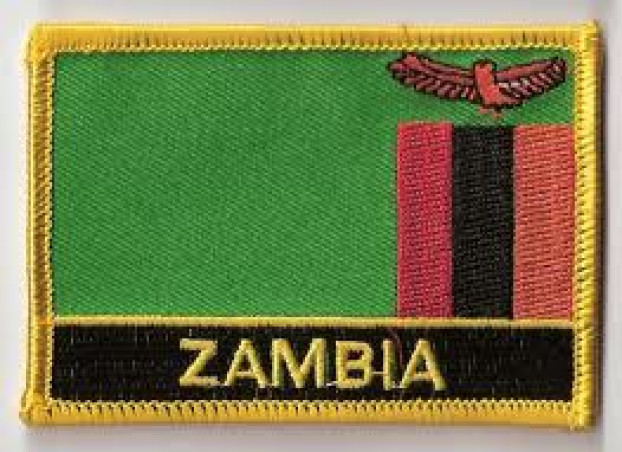Feature: Rise in mobile money banking entrenches saving culture among low-income Zambians

The emergence of mobile money banking services has been seen as a blessing to many low-income earners in Zambia.
Luke Bwalya is a 27-year-old informal trader in Lusaka, the Zambian capital, who has never opened an account with any bank since he started his business of selling various merchandise. According to him, banks are for people with a lot of money.
Bwalya is among many low-income earners who have opened an account with Airtel Zambia, one of the mobile phone operators providing mobile money services in the country.
"Mobile banking is really helping me a lot. I did not know that I can save money but now this is happening," he said in an interview.
He says after every sale, he ensures that he deposits some of the money made into his mobile account.
He says opening a mobile money account is convenient because it is easy to withdraw money anytime he wants.
Bwalya is among a great number of people operating small businesses who have been provided a platform to save money for emergency use.
Sarah Mwamba, a 22-year-old resident of Lusaka who sells vegetables says mobile money banking has helped her as it has instilled a culture of saving.
She said she has disciplined herself to save whatever money she makes from her business after her friend encouraged her to open a mobile money account.
"Every day I ensure that I save some money from my daily earnings. In times of emergency, I am able to withdraw some money without any problems," she said.
Mobile phone banking service is a booming business, evidenced by the mushrooming of kiosks dotted around many cities in Zambia.
Francis Chipimo, Bank of Zambia (BoZ) Deputy Governor in Charge of Operations said the country has continued to make significant progress in the digital transformation agenda especially in the area of digital financial services.
According to central bank figures, the number of mobile network operator-based mobile money users increased by 77 percent from 4,852,040 as at December 31, 2019 to 8,607,461 as at December 31, 2020.
The Finscope Survey of 2020 established that the country's financial inclusion increased by 10.1 percentage points to 69.4 percent from 59.3 percent in 2015, mainly attributable to mobile money.
"It is worth noting that these digital payment options have been instrumental in facilitating trade and commerce amidst the COVID-19 pandemic," the central bank said.
According to the Financial Sector Deepening Limited Zambia, an organization working to improve financial inclusion, the growing use of mobile phones has opened up money services.
In a statement, the organization said using mobile money has enabled low-income earners to withdraw and deposit cash, pay others and keep their money stored for future use.
The organization however said as mobile money is expanding for the financially excluded and underserved to access financial services, it is also important to raise important regulatory issues for policymakers.
The central bank has responded in strengthening the regulatory framework to ensure an enabling environment for innovative financial services. In April this year, the central bank issued guidelines on the Regulatory Sandbox. The Regulatory Sandbox is a framework set up to allow small-scale live testing of new innovative financial products and services. The guidelines are aimed at encouraging innovation in the financial sector and consequently promoting financial inclusion.
SOURCE:Xinhua / huaxia
 Africas leading resource for digital financial services
Africas leading resource for digital financial services


comments